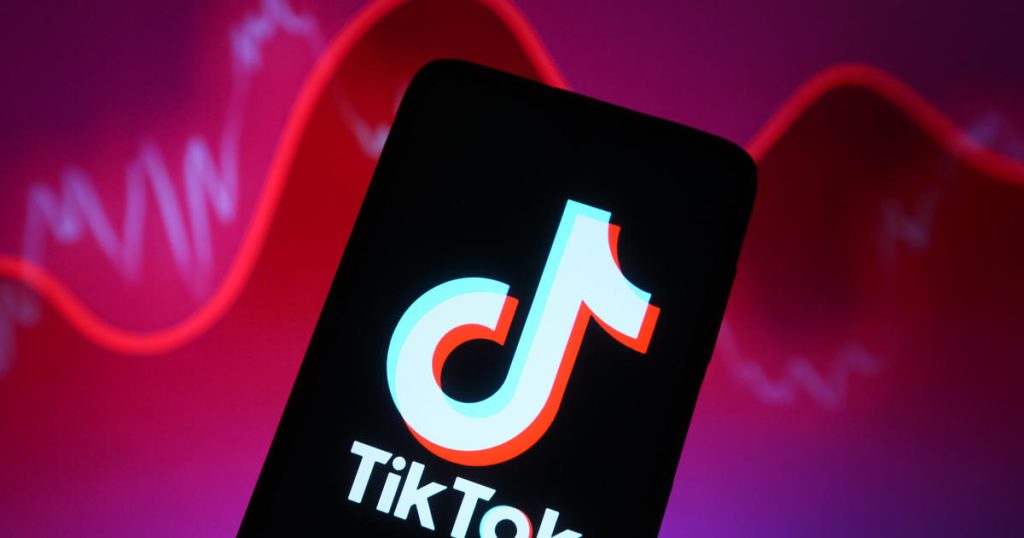TikTok is facing a potential crossroads as a divest-or-ban bill is being fast-tracked in Congress. This bill requires TikTok’s Chinese owner ByteDance to sell the social media network or face a ban in the U.S. It has been attached to an aid package for Ukraine and Israel and is expected to be voted on soon. A TikTok spokesperson expressed concerns about the bill’s potential impact on free speech rights, businesses, and the U.S. economy, which TikTok contributes $24 billion annually.
The creation of the TikTok divest-or-ban bill was prompted by concerns about personal user data collected by TikTok and ByteDance, which critics worry could pose a national security threat if accessed by the Chinese government. However, there are questions about the bill’s constitutionality and its potential impact on Americans’ free speech rights by removing a popular social media platform. The latest version of the bill allows TikTok’s owner more time to divest, offering 9 months for a sale with the possibility of an additional 3-month grace period, whereas the previous bill would have provided only 6 months.
The earlier attempt to pass a TikTok bill was successful in the House but faced challenges in the Senate. By attaching the current bill to aid packages for Ukraine and Israel, there is hope that it will have a faster path through Congress. Some differences between the new bill and the previous version include the extended timeline for divestment and the potential for a grace period. Despite concerns about the impact of the bill on free speech and businesses, the focus remains on addressing the national security implications of TikTok’s ownership by a Chinese company.
The potential ban or divestment of TikTok has raised questions about the broader implications for free speech and business in the U.S. There are concerns about the motivations behind the bill and whether targeting a specific business is constitutional. The outcome of the bill’s vote will have significant ramifications not just for TikTok but also for the larger debate surrounding the influence of foreign-owned social media platforms in the U.S. and the protection of user data from potentially hostile foreign governments. It remains to be seen how Congress will balance these competing interests in determining the fate of TikTok.


